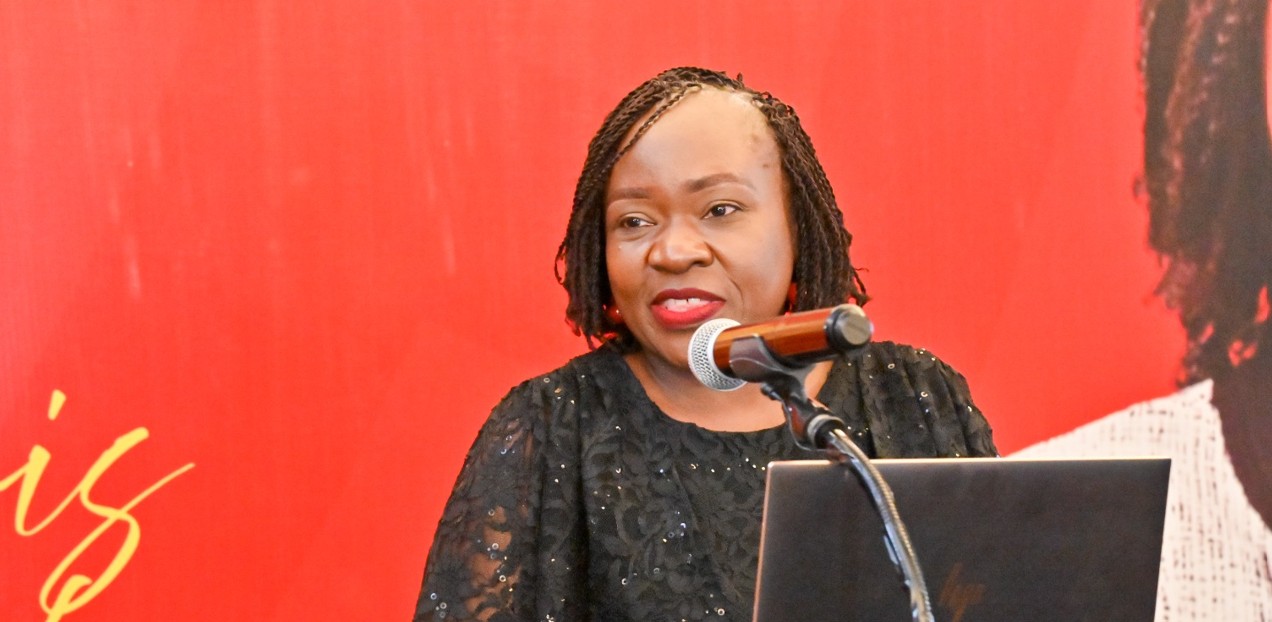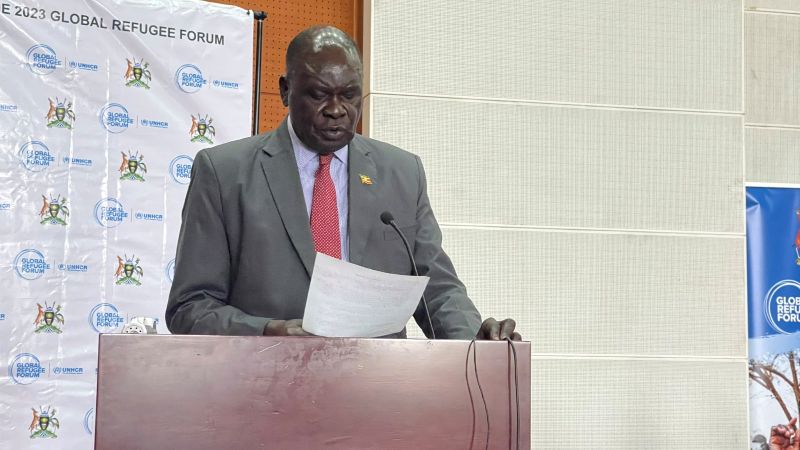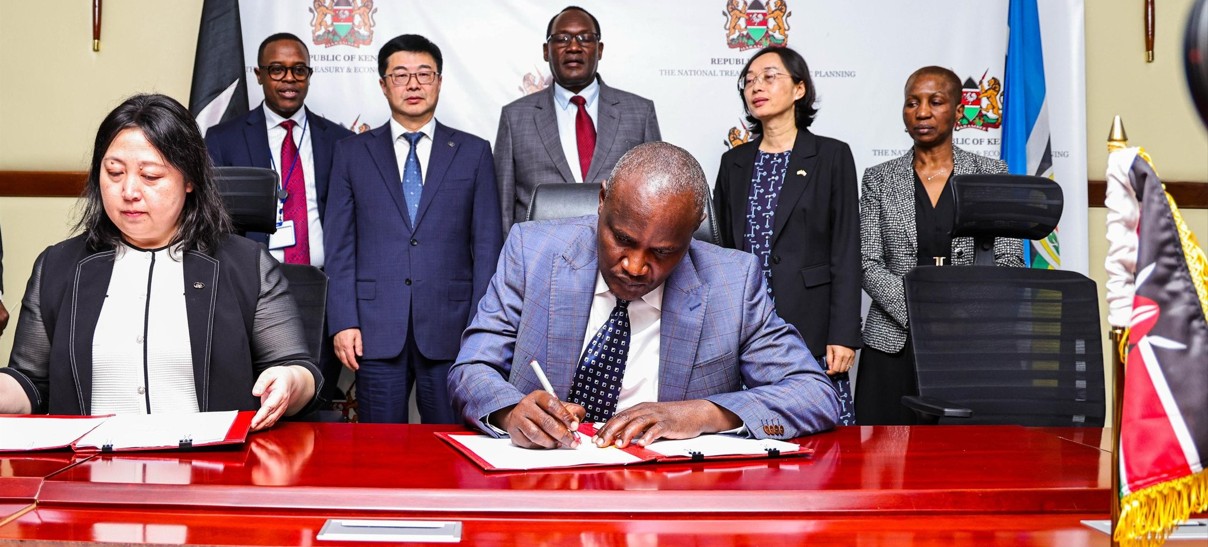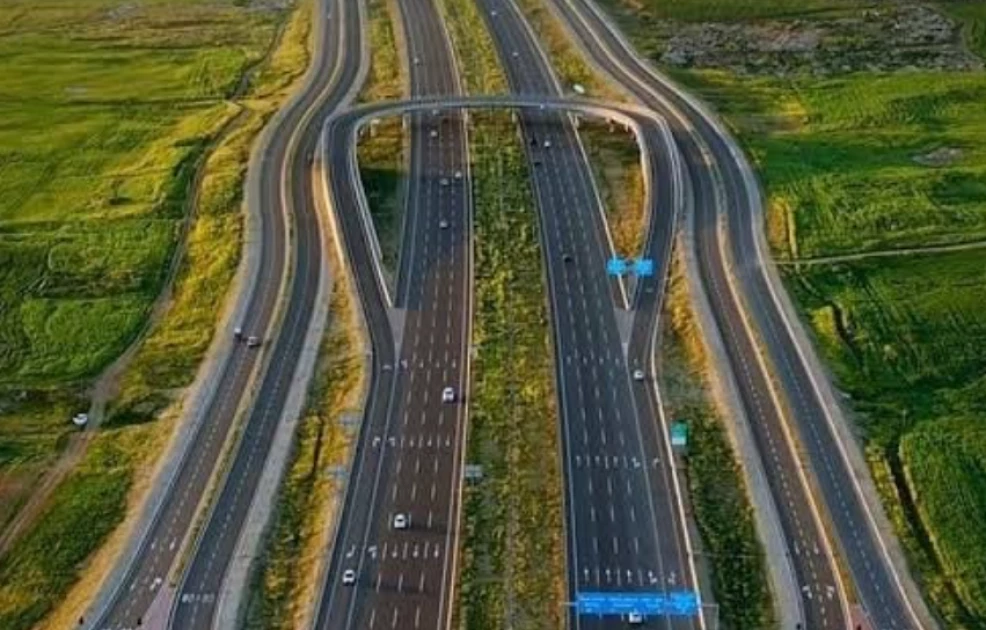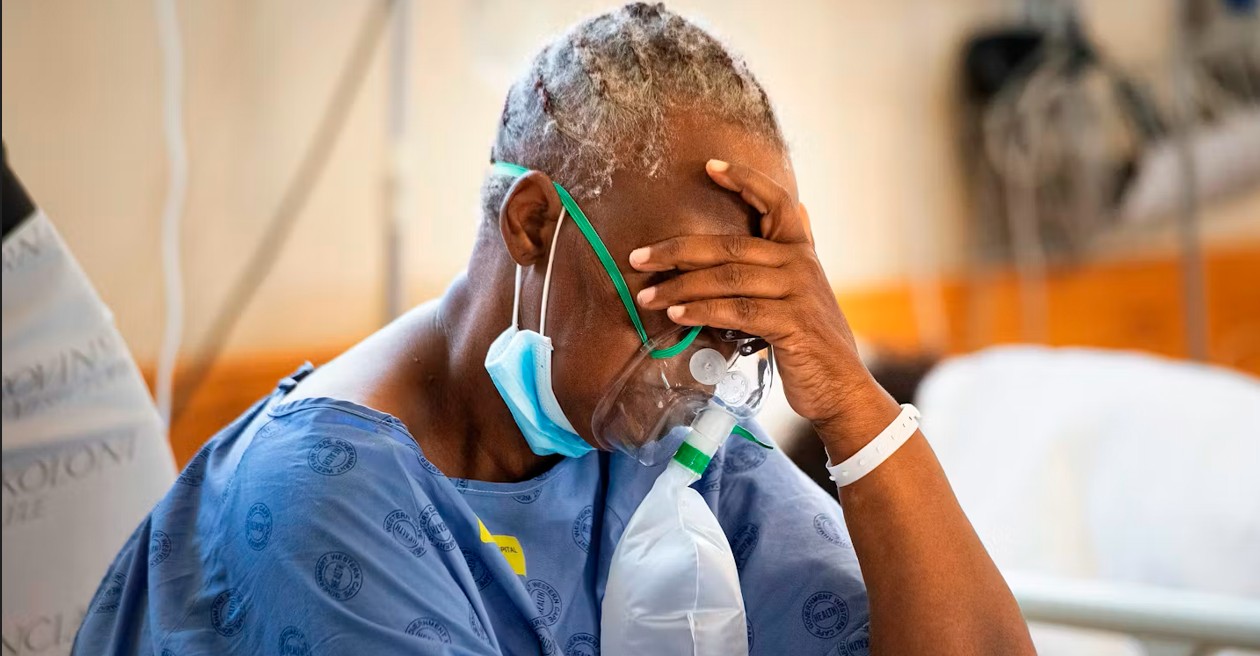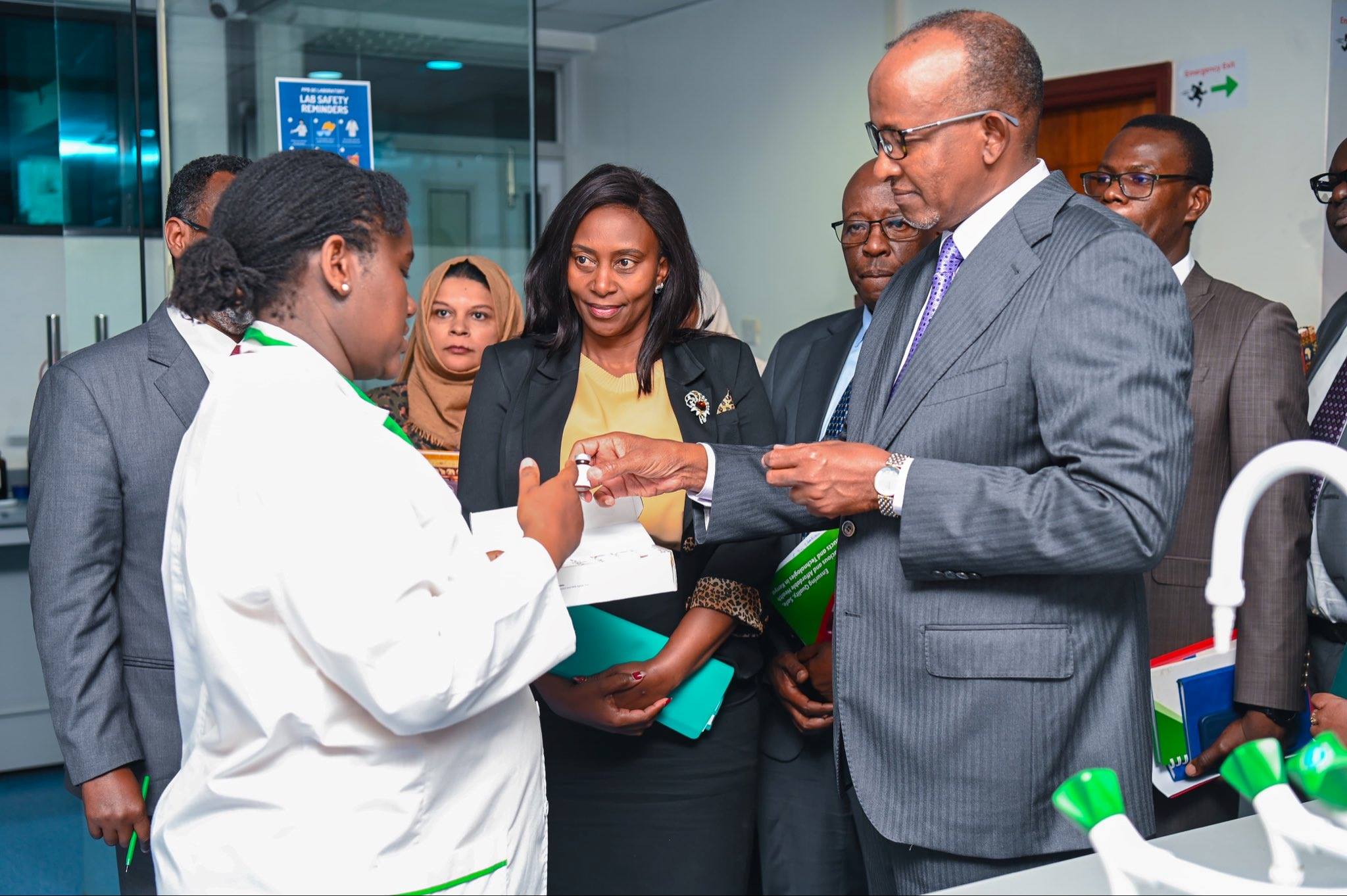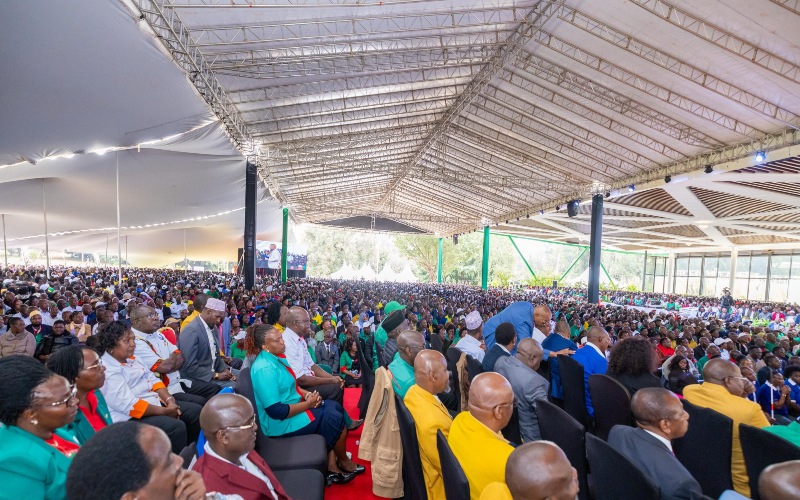Somalia appoints committee to oversee selection of EALA MPs
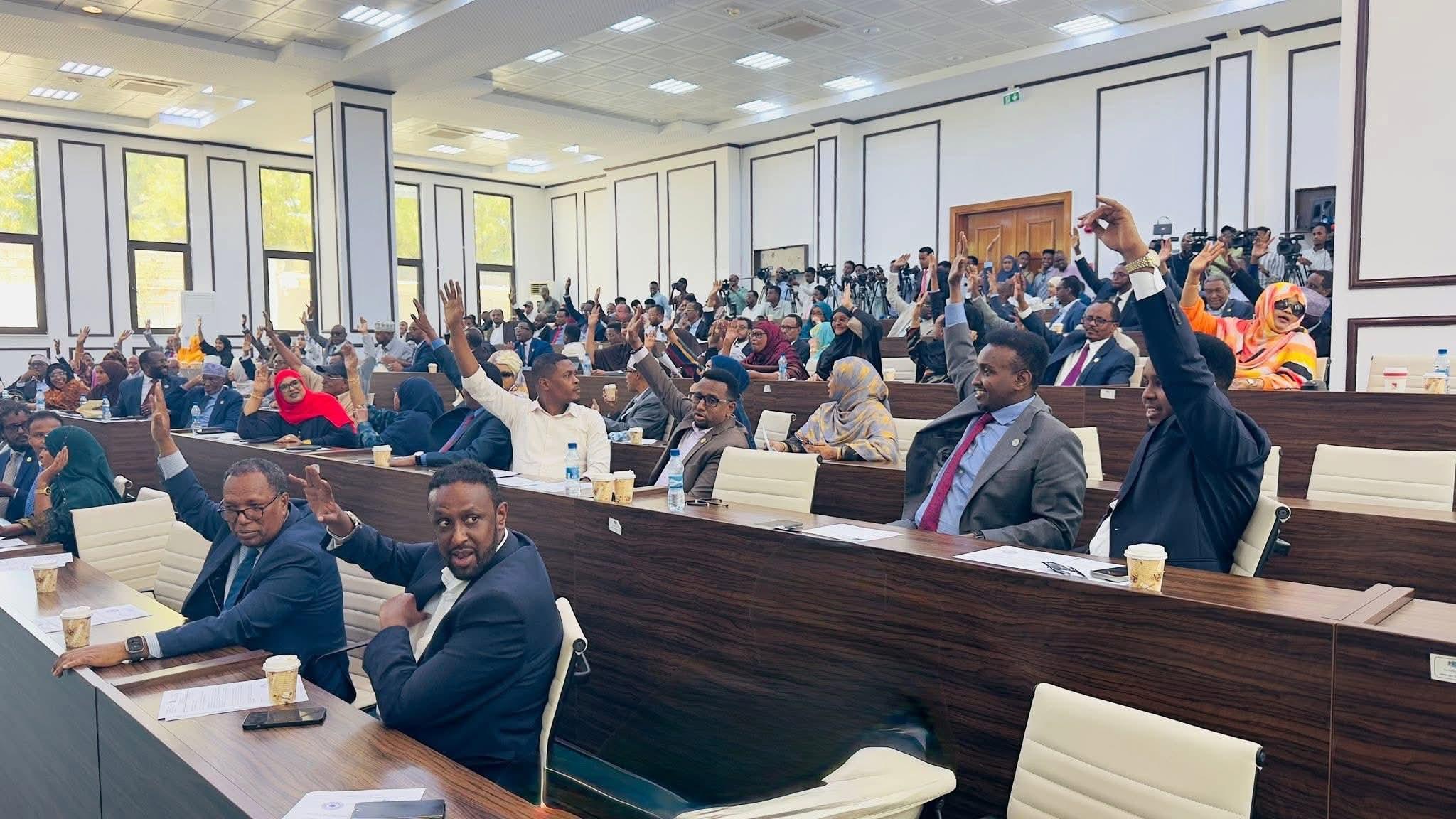
This is the first time Somalia will have members sitting in the regional parliament since it officially joined the bloc.
Somalia has taken a new step toward full participation in the East African Community (EAC) after the leadership of its Federal Parliament appointed a joint committee to oversee the selection and election of representatives to the East African Legislative Assembly (EALA).
This is the first time Somalia will have members sitting in the regional parliament since it officially joined the bloc.
More To Read
- East African Court postpones swearing-in of nine Somali legislators to EALA
- Somalia takes over leadership of EAC Speakers Bureau from Kenya
- Winnie Odinga dismisses ODM split as ‘frog noise’, says party's strength lies in youth and public conviction
- MPs demand cost-benefit review of Kenya’s role in EAC
- EAC deploys 67-member mission to observe Tanzania’s elections
- EALA inaugurates regional anti-corruption network to strengthen accountability
The announcement was made in Mogadishu after the Speakers of both Houses of the Federal Parliament, Sheikh Adan Mohamed Noor (Madobe) of the House of the People and Abdi Hashi Abdullahi of the Upper House, agreed on the composition of the committee.
The team has been tasked with managing the nomination, vetting, and approval process for Somalia’s first EALA representatives.
The committee is chaired by Member of Parliament Mohamed Abdullahi Hassan, with Senator Zamzam Ibrahim Ali serving as the deputy chairperson.
Other members include Abdi Ibrahim Warsame, Senator Iftiin Hassan Iimaan, and Guuleed Bihi Abdi.
The Speakers directed the committee to begin its work without delay and to present a final list of nominees to the Federal Parliament for approval before Somalia’s delegation is sent to the regional assembly in Arusha, Tanzania.
Speaking at the announcement, House Speaker Sheikh Adan Madobe said the move was an important part of Somalia’s regional obligations under the East African Community framework. He said Parliament would ensure that the selection process was transparent and inclusive.
“The Federal Parliament has the responsibility to make sure Somalia is represented in all regional institutions. This committee will work with all relevant offices to complete the process in line with the country’s membership requirements,” Speaker Adan said.
Member of Parliament Guuleed Bihi Abdi, who sits on the new committee, said the appointment was an opportunity for Somalia to demonstrate its readiness to engage with regional legislative processes.
“Our participation in the East African Legislative Assembly will allow Somalia to contribute directly to laws and policies that affect the region. This is a necessary step in our journey of regional integration,” he said.
Somalia officially became the eighth member of the East African Community in early 2024 after its accession was approved by the Heads of State Summit.
The move followed years of negotiations to align Somalia’s trade, legal, and institutional systems with those of the bloc. The next stage involves Somalia being represented in the main organs of the EAC, including the East African Legislative Assembly and the East African Court of Justice.
The East African Legislative Assembly plays a central role in making laws and approving policies that guide the operations of the Community. It handles matters related to customs, movement of goods and services, political cooperation, and regional integration.
Each member state sends nine representatives to the Assembly, who are elected by their respective national parliaments for a five-year term.
Once the joint committee completes its assignment, Somalia’s Federal Parliament will hold elections to choose the nine representatives. The elected members will then travel to Arusha to take up their seats alongside legislators from Kenya, Uganda, Tanzania, Rwanda, Burundi, South Sudan, and the Democratic Republic of Congo.
The inclusion of Somali MPs in the regional parliament will give the country a direct role in shaping policies on trade, investment, and political cooperation within East Africa. It will also allow Somali citizens and institutions to benefit from the regional decision-making process that affects transport, business, and cross-border relations.
Top Stories Today


